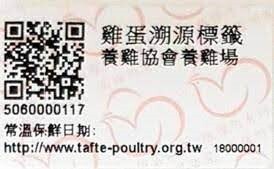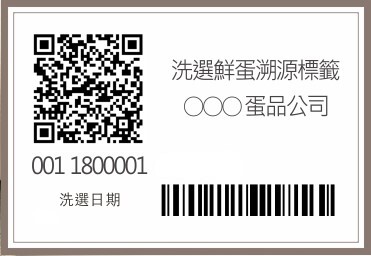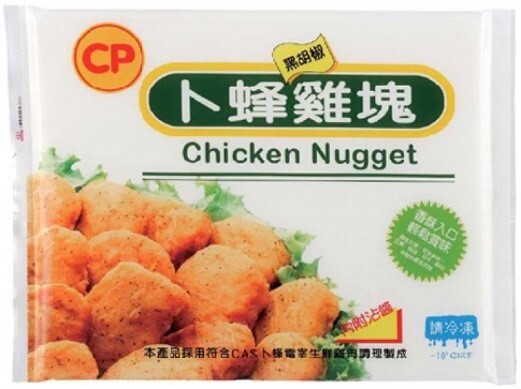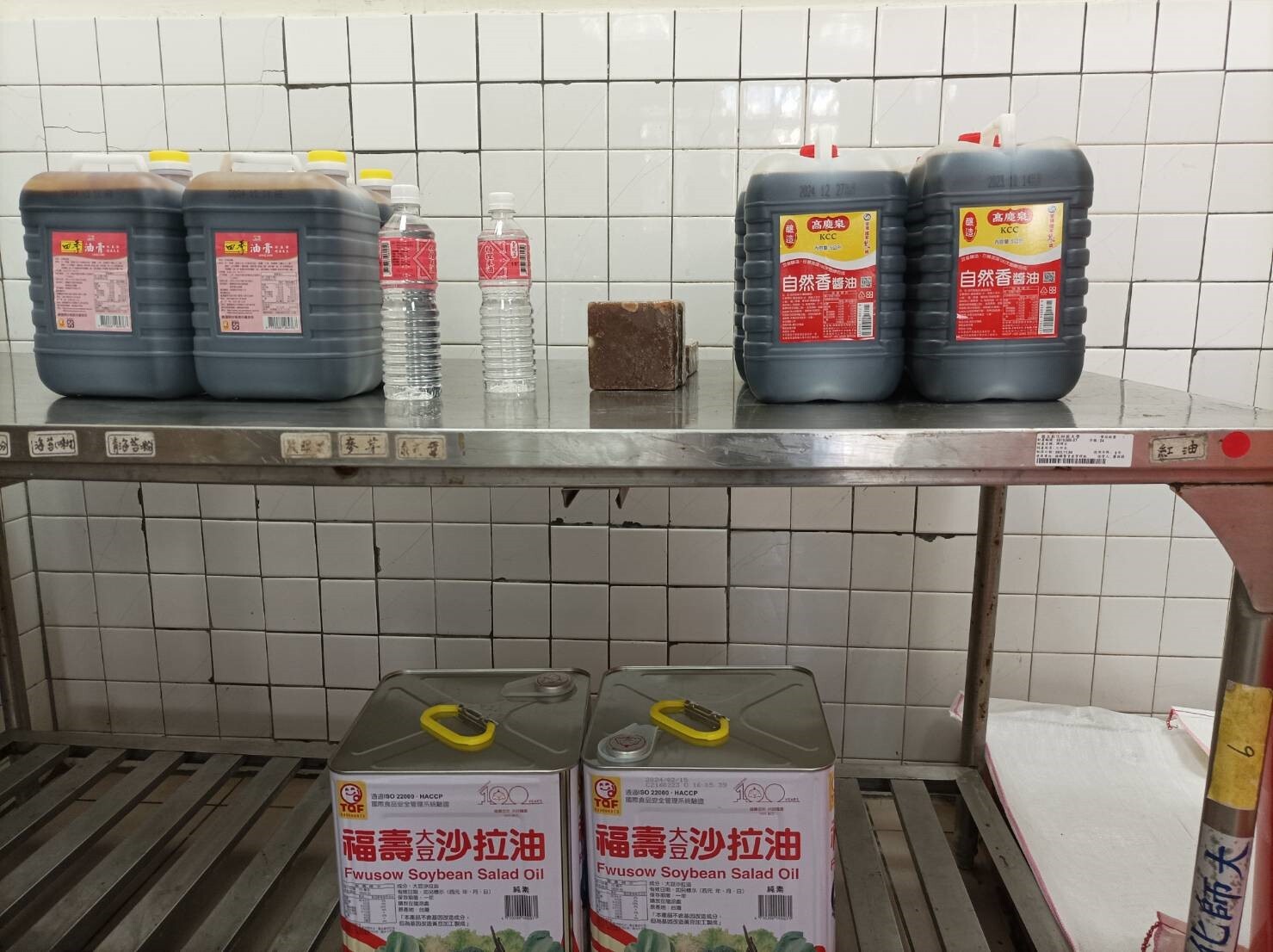SDG 12.2.1 Ethical sourcing policy
1. Green procurement requirements.
NCUE has been committed to promote the procurement of green-designated items by government agencies. In 2022, NCUE procured a total of NT$22,420,358 in green and eco-labelled products (NT$386,020 and NT$22,806,378, respectively), meeting the targets for the year and each of the quarters. NCUE’s compliance performance with relevant regulations is 100% compliant for the procurement of green-designated items, as shown in Table 1
Please refer to appendices 12.2.1A - 2022 Scoring Method for Performance Evaluation of Annual Green Procurement and 12.2.1B - 2022 Annual Statistical Form for Amounts of Green Procurement. For more details, please refer to the following sites.
Greenliving Information Platform: https://greenliving.epa.gov.tw/newPublic/greenpurchase/government.
The Green Procurement Portal of the Centre of Protection and Occupational Safety and Health: http://webadmin.ncue.edu.tw/el/web_edit/edit_show.asp?ClassID=628.
Table 1. Achievements of the 2022 annual “Government Agency Green
Procurement Designated Procurement Items” at NCUE
|
NCUE 2022 performance in the procurement of green-designated items by government agencies |
|
|
First Quarter |
100% |
|
Second Quarter |
100% |
|
Third Quarter |
100% |
|
Fourth Quarter |
100% |
2. Food procurement requirements for two canteens in the Jinde Campus and Baoshan Campus:
(1)NCUE adheres to two basic principles for food procurement:
(a)Seasonal ingredients.
(b)Preference is given to seasonal foods and local foods to reduce the carbon footprint, shorten food miles, and reduce energy consumption.
(c)Mainly use domestically produced food ingredients compliant with "3 Labels 1 Q".
(2)According to the three-tiered management system for campus food safety and hygiene practices, NCUE cooperates with the Ministry of Education during the Ministry’s on-site guidance once every academic year; NCUE’s catering management committee is responsible for coordination across different departments; and a dedicated nurse inspects hygiene practices in catering spaces once every week. To ensure food safety, NCUE encourages the canteens to do the following:
(a)Give preference to labelled or traceable foods, such as "Traceable Agricultural Products", Taiwan Fresh Pork "TFP", Total Quality Food "TQF", products meeting "Certified Agricultural Standards", and produce livestock, and aquaculture products with traceable QR codes; as shown in Figures 1-3.
|
|
|
Figure 1. Label used by livestock producers |
|
|
|
Figure 2. Label used on egg products |
|
|
|
Figure 3. Picture caption: Labelled and traceable foods are preferred |
(b)To ensure food safety within NCUE’s canteens by examining fresh vegetables and fruits according to the ‘Criteria for Monitoring Pesticide Residue in Agricultural Products’ issued by the Taiwan Food and Drug Administration, Ministry of Health and Welfare (as below): https://www.fda.gov.tw/TC/site.aspx?sid=2428&r=1485767145.
(c)To make sure vendors login to the Ministry of Education’s ‘Filing Platform 2.0 for School Foods’ every day to fully disclose relevant food information:
https://fatraceschool.k12ea.gov.tw/frontend/.
3. Preference is given to products and services from disability welfare institutions, organisations, or sheltered workshops.
In compliance with the ‘Persons with Disabilities Rights Protection Act’ and the ‘Regulation for Obliged Purchasing Units / Institutions to Purchase the Products and Services Provided by Disabled Welfare Institutions, Organizations, or Sheltered Workshops’, particularly promoting the employment of people with disabilities and the protection of vulnerable groups, NCUE has developed an ‘Implementation Plan for Preferential Procurement of Products and Services from Disability Welfare Institutions, Organisations, or Sheltered Workshops’. The target is that for designated product and service items, those contracted or subcontracted by such institutions, organisations or sheltered workshops should account for more than 5% of total annual procurements made by NCUE for the product and service items.
Considering regional characteristics, the products and services (excluding plan development) currently covered are bento, meal boxes (single purchase of 20 or more boxes), and printing services (business cards, posters, books, and magazines) with fees of NT$10,000 or more in a single transaction. They should be listed on the preferential procurement platform. Only when no disability welfare institutions, organisations, or sheltered workshops are willing to contract, or their products or services are disqualified could NCUE contact general vendors.
Please refer to annex 12.2.1C - Regulations on the Preferential Procurement of Environmental Protection Products by Government Agencies. The annual achievement rates of priority procurement at NCUE are as shown in Table 2.
Table 2. Annual achievement rate of priority procurement at NCUE
|
Year of implementation |
Ratio of preferential procurement (%) |
|
2019 |
7.98 |
|
2020 |
8.76 |
|
2021 |
10.63 |
|
2022 |
8.42 |
Appendices (including supporting documents):
12.2.1A - 2022 Scoring Method for Performance Evaluation of Annual Green Procurement;
12.2.1B - 2022Annual Statistical Form for Amounts of Green Procurement
12.2.1C - Regulations on the Preferential Procurement of Environmental Protection Products by Government Agencies




